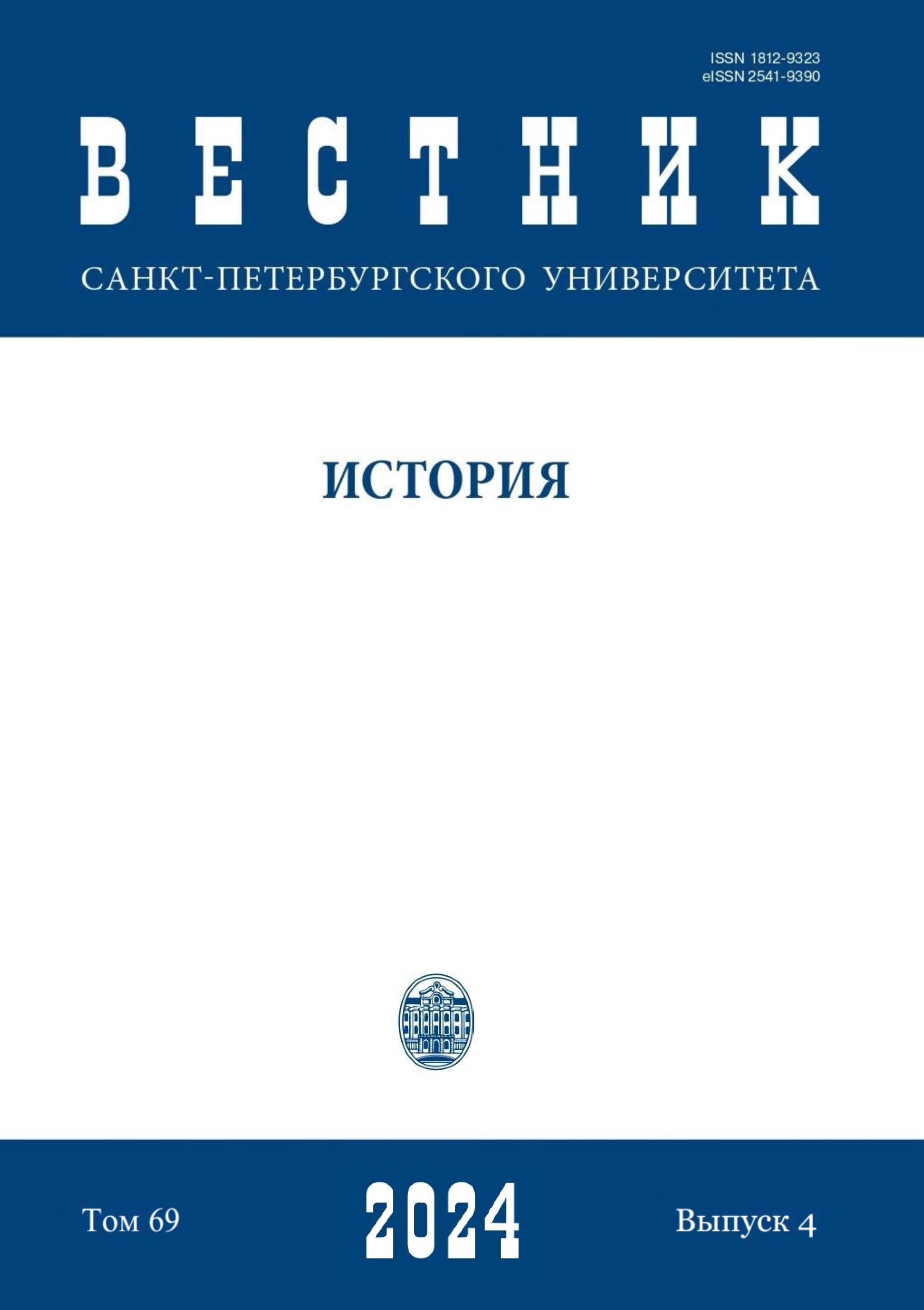Don Quixote of Hungarian Sovietology
DOI:
https://doi.org/10.21638/spbu02.2024.412Abstract
Istvan Dolmanyos was the first Hungarian historian to write a history of the Soviet Union. His career took him on a trajectory that led from Stalinism through approval of Khrushchev’s de-Stalinization and then back to Stalinism. The article shows how a reformist monograph on the history of the USSR in the context of Brezhnev’s re-Stalinization provoked a reaction in the political world at an international level. It received serious criticism from the Soviet side for its excessively detailed depiction of the cult of personality and Stalin’s crimes. The Hungarian party apparatus also concerned itself with the book. Although their criticism was not accompanied by direct punishment of the historian, it did result in a serious professional crisis, and very likely led to his conspicuous return to Stalinism. In this article, with the help of previously undiscovered documents from Istvan Dolmanyos’s estate and his memoirs, it is shown how, resisting the influence of the changes of the 1970s and 1980s, he gradually turned into an anachronistic figure in the Hungarian academic world. His initial position, according to which the Soviet Union was the measure of everything, and the Soviet comrades were always right, had outlived its time, his vulgar Marxist approach had become obsolete. Dolmanyos did not how to deal with the freer atmosphere that came to Hungary in the 1970s and later as a result of perestroika and glasnost. His life story offers us a window onto a slice of Hungarian “Marxist” historical scholarship at a time when it was trying to free itself from dogmatism and Soviet influence.
Keywords:
Istvan Dolmanyos, Hungarian historiography, history of the Soviet Union, Stalinism, destalinization, dogmatism
Downloads
References
Downloads
Published
How to Cite
Issue
Section
License
Articles of "Vestnik of Saint Petersburg University. History" are open access distributed under the terms of the License Agreement with Saint Petersburg State University, which permits to the authors unrestricted distribution and self-archiving free of charge.





